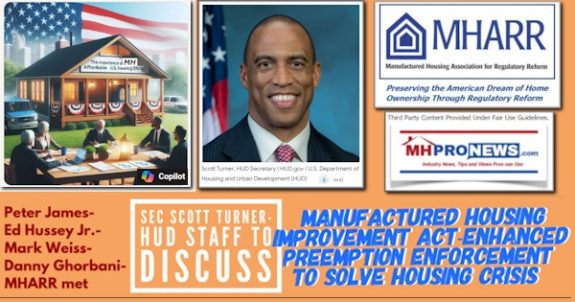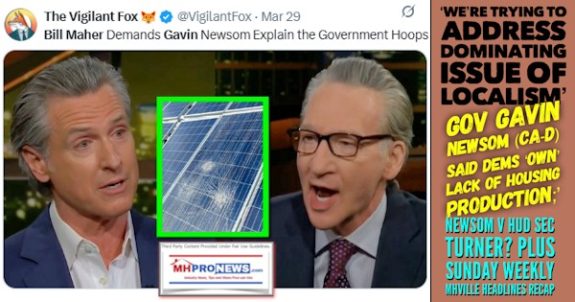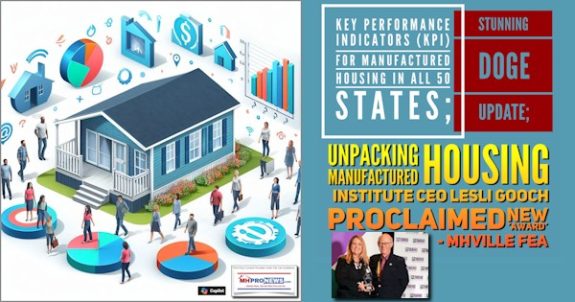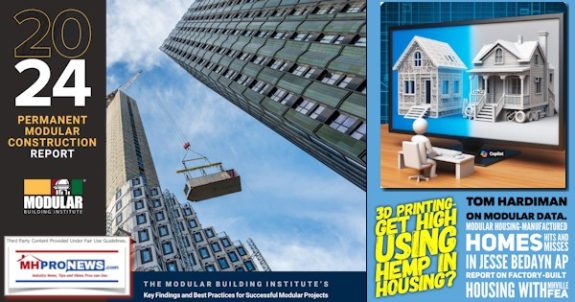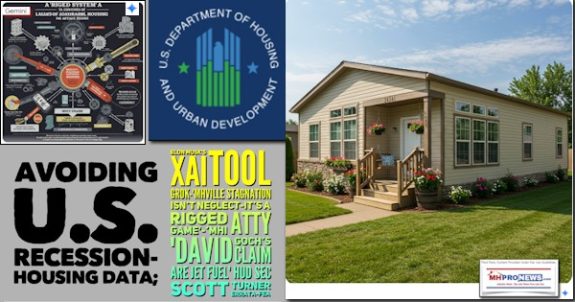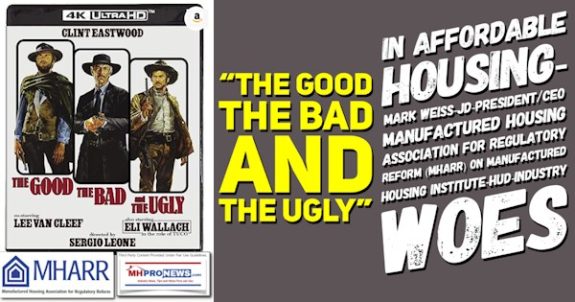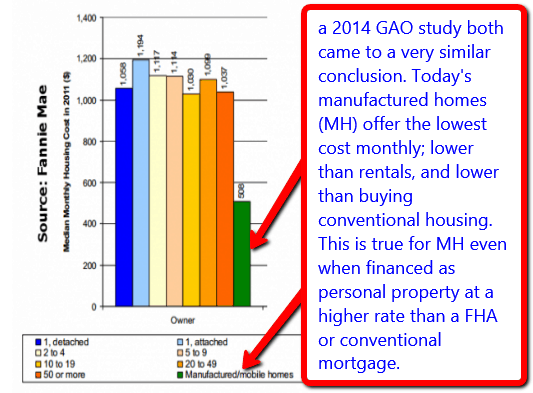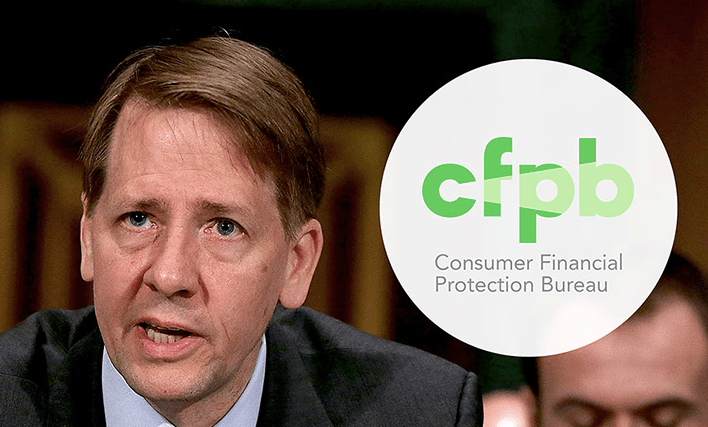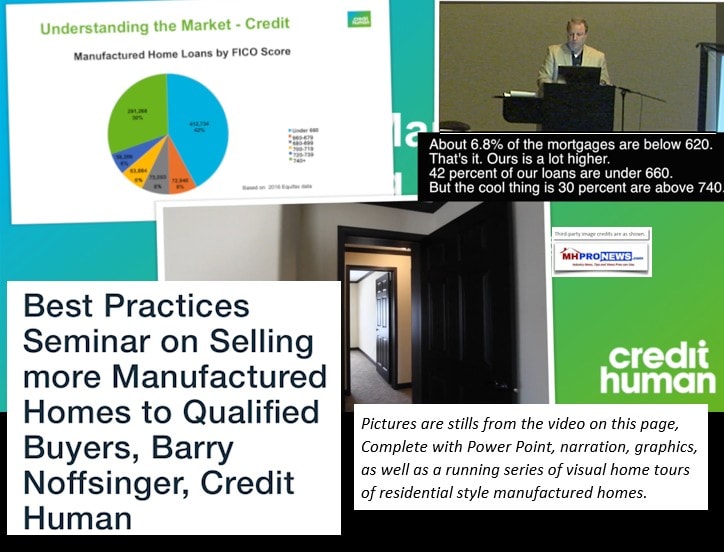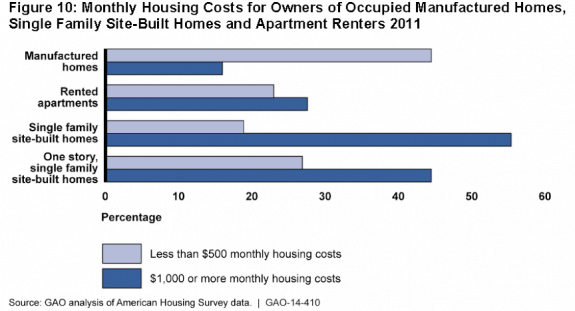Industry in Focus Report</br /> by Eric Miller, MHMSM.com journalist

Some see this as a problem of unfair lending practices, and one that can be solved by adjusting the terms of bank notes. A step back and some observers opine that the efforts of one administration to put people in houses they couldn’t afford resulted in a fix by the next administration to keep them there. Meanwhile the industry most capable of providing truly affordable housing to tens of millions of Americans—manufactured housing—has remained on the political sidelines. Why?
“One of the reasons this industry is loved in Washington is we provide affordable housing for lower and middle income Americans,” explains MAHRR President Danny Ghorbani. “Congress has understood this, but the administrations haven’t.”
To explain, Ghorbani points to three laws currently in place, all which have failed to be fully implemented. The first is the FHA reform, which would open up public financing for the industry. Second is Duty to Serve Underserved Markets which would reform the GSE’s, opening up private financing. The third is the Housing Economic Recovery Act. Yet in each case, the laws have not been fully implemented.
“The big portion of the blame is with this industry—we are too weak in Washington and can’t get anything done,” Ghorbani says.
Speaking on the topic of Duty to Serve, Manufactured Housing Institute (MHI) Executive Vice President Thayer Long, also expressed frustration.
“We’re all disappointed and extremely frustrated that FHFA is not considering personal property lending as part of its Duty to Serve.” Long says the organization is considering ways to move forward, a plan that will likely include discussions with members of Congress on the lack of consideration the FHFA has given to personal property lending.
“There’s a range of things we can try to do,” Long says “There are a lot of ways we can try to advance this legislatively.”
Long says another issue on the table is the future of Fannie Mae and Freddie Mac, an issue which Congress is expected to debate in 2011.
“The industry needs to think about what role we’re going to play and how we’re going to position ourselves,” Long says, adding that in this debate, the industry needs to consider the possibility Duty To Serve won’t be implemented.
“If they’re not going to help us, then maybe we should be advocating for dismantling the GSE’s,” Long says. “I don’t think that’s the answer now, but it could be. If you ask anyone in the industry, our industry has always been better off with private money. It could be that we advocate for policies that create more of a free-enterprise system in how this country’s mortgage market works.”
Bryan Peck, Western Region Sales Manager for CU Factory Lending, a portfolio chattel lender, comments that while Title I implementation may bring with it some additional lending, it “won’t blow the doors open on financing.” This, he says, is because the associated costs for a lender eat up some of the benefits of lessened risk.
The potential effectiveness of DTS, Peck says, will be found in the details.
Those details are whether the money is available without requiring exorbitant expenses and creating time-consuming requirements. Attributes that could be attractive to the lender must be balanced with requirements that insure the programs’ continued success, Peck says.
“There needs to be some layer of diligence in terms of if the government is going to make those assets available—there’s not an overabundance of strings, but enough to make sure it’s invested in a solid way,” Peck explains. “If it’s going to work, there need to be a lot of ‘make sense’ rules so that the money can pass easily through the lender to the borrower and the government has a reasonable expectation they’re going to get most of their money back on that investment.”
The biggest expedient to bring the industry back, Peck says, doesn’t lie on the government front; rather it lies in a return of an asset-backed security market for chattel paper.
“Everyone is in a shell-shock state right now,” Peck says, adding that this private funding mechanism could return in the near, but not likely, immediate term. “It depends on what shakes out in the investment marketplace. If the stock market falters, investors may be looking for other ways to get a return on their money, and this might be one place to look.”
Congressman Joe Donnelly, who recently hosted a Manufactured Housing Finance Summit in Elkhart, Indiana, issued a statement saying he continues to monitor the implementation of Title 1 and the Ginnie Mae program and will continue his work with the manufactured housing industry on these issues.
A spokesperson for the FHFA declined comment on the proposed DTS rule.
“On finance, the industry has been together, but the mentality of the industry in Washington has been weak. That has to change. We are the only comprehensively federally-regulated industry in America. From the time the I-beam goes on the assembly line to the time 100 years later they demolish the house, we are regulated,” Ghorbani stated.
MHARR Senior VP, M Mark Weiss observed; “If FHA is available, why would a consumer want to use that? FHA is the more affordable funding. [Title 1] spurs the number of lenders.”
“The industry is weak in Washington. That is the bottom line of what’s wrong. We can’t turn the corner because the laws are not implemented properly. Why would Congress give us great laws and we still can’t turn the corner?” Danny Ghorbani asked. “Consumers are sitting there, but they can’t finance the home.”
It should be noted that Thayer Long was given an opportunity to respond to Danny Ghorbani’s comments, but Long declined with the explanation that he doesn’t want to get in the rebuttal game.
“What is self-evident is that the industry needs more financing.” industry editor and consultant L. A. ‘Tony’ Kovach said. “When you look at an industry that peaked at over 372,000 shipments a dozen years ago and look at the facts that millions of households have formed since, and that affordable housing is more important than ever, one must ask, what’s going on here?”
“When you talk to award-winning retailers like Doug Gorman, you hear about the challenges of appraisals HUD Code homes face on land/home transactions. George Allen has shown the industry that 3.5 billion-plus in manufactured home loans have been made by community operators in roughly a dozen years. Ken Rishel has correctly observed that by learning the lessons of successful private lenders, the government need not lose money when it finally begins to back manufactured housing loans. Each of these facts points to critical issues,” Kovach said.
“As a regulated industry, HUD Code housing is not fairing as well as, say, a state-regulated public utility. State utility commissions know they must balance growing public demand for energy against the need for utility companies to earn a profit. You don’t kill the cow to get the milk. Federal regulators should have a similar balanced viewpoint, and the legislation has already been passed. Perhaps the follow-up by concerned Congressional leaders such as Donnelly needs to address why the enacted law isn’t performing as intended.” Kovach stated.
“I spoke with Randall Witter, a lobbyist for the IMHA a few weeks ago. He told me that while associations are important, there is no substitute for legislators hearing from industry members directly. Witter told me that on some issues he approaches a legislator on, they will ask him, ‘Why haven’t I heard from the people in my district on this?’ Witter has done this for decades, and the lessons are clear. We can’t wait for the next person to do something; we each have to be involved. It is our business, as well as our industry. No doubt, Industry members need to engage their congressman and Senators on these issues individually and collectively,” Kovach observed. “If we don’t act intelligently, we have only ourselves to blame 1 year, 3 years or 5 years from now, if matters haven’t improved.”
##







